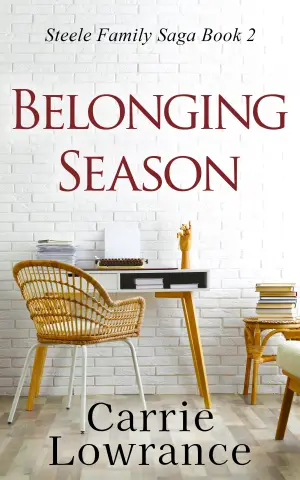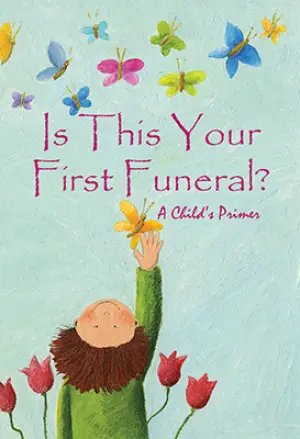Title: A Searing Journey Through Hope and Despair: A Review of Illegal: A Graphic Novel
When I first picked up Illegal: A Graphic Novel, written by Eoin Colfer and illustrated by Giovanni Rigano, I was intrigued by the poignant premise. The book promises not just a story, but a visceral glimpse into the harrowing experiences of undocumented immigrants. As someone who has always been moved by stories that elevate marginalized voices, I felt an almost magnetic pull to delve into its pages.
This graphic novel follows the poignant journey of twelve-year-old Ebo, who embarks on a perilous trek from Ghana to Europe in search of his missing brother, Kwame, and their sister, Sisi. The urgency of Ebo’s mission underscores a fundamental question posed throughout the narrative: how can a human being be deemed "illegal" merely for existing? The story is both heartbreaking and hopeful, encapsulating the essence of human resilience in the face of overwhelming adversity.
What struck me most about Illegal was its masterful use of visuals to complement the narrative. Rigano’s illustrations are stunning, featuring a vibrant color palette that accentuates the emotional landscape of Ebo’s journey. The art is not just background; it amplifies the gravity of Ebo’s experiences—from the searing heat of the Sahara Desert to the treacherous waters of the Mediterranean Sea. Each panel transports the reader, making it feel as though we are alongside Ebo, bearing witness to his struggles and triumphs.
Colfer’s writing is equally commendable. The pacing is deliberate, allowing readers to absorb the weight of each moment. Moments of despair are contrasted with fleeting instances of human kindness, showcasing the paradox of Ebo’s world. This balance between darkness and light is perfectly captured in a quote from Elie Wiesel that prefaces the book: “No human being is illegal.” It serves as a clarion call, reminding us of the humanity beneath the headlines.
Personally, I found myself reflecting on my own perceptions of immigration, shaped largely by news cycles and political rhetoric. This story challenges readers to look beyond statistics and headlines to the real lives of individuals like Ebo, whose hopes and dreams are all too often disregarded. The narrative gets under your skin, prompting a visceral empathy that lingers long after the last page is turned.
Illegal: A Graphic Novel isn’t just for young adults; it’s a book that speaks to anyone who cares about social justice and the human condition. It’s particularly powerful for middle and high school readers who seek to understand the complexities of migration in today’s world. Educators will find it an invaluable resource that can spur meaningful discussions about empathy, migration, and the stories that define us as a global community.
In closing, I heartily recommend Illegal to anyone who has a heart for stories that illuminate the struggle of the human spirit. It’s a book that beautifully marries art and narrative, challenging us to confront uncomfortable truths. Thanks to Colfer and Rigano, we are given a chance to walk in Ebo’s shoes—an experience I will carry with me for a long time to come.
You can find Illegal: A Graphic Novel here >>







